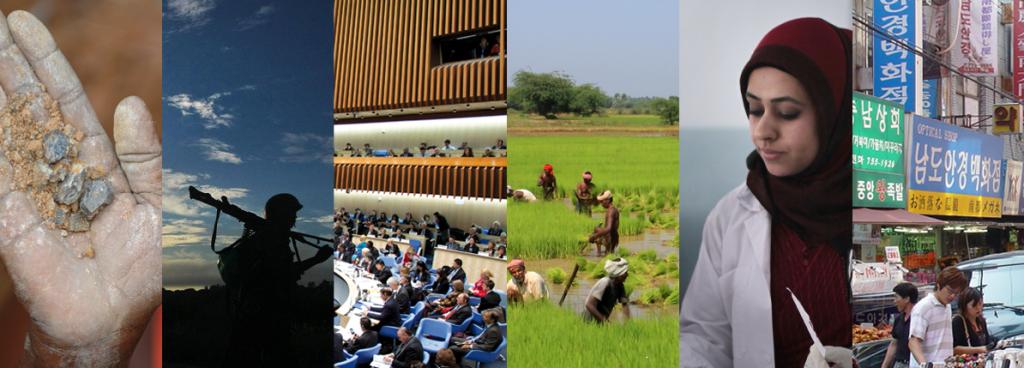Based on an embedded ethnography conducted within the offices of the United Nations High Commissioner for Refugees (UNHCR), Giulia Scalettaris has analysed the Afghan refugee regime. The seminar will present the UNHCR as a bureaucratic, polymorphous apparatus embedded within a wide topography of power relations. It will also highlight how the state-centred and nationalist worldview of this international organisation leads it to participate in a mechanism devoted to emplacing Afghan migrants. Paradoxically, international refugee policies strive to establish the same order, sedentary and centred around the nation-state that fosters the 'refugee problem' in the first place.
About the speaker
Giulia Scalettaris is Assistant Professor in Political Science at the University of Lille and Visiting Fellow at the Department of Anthropology and Sociology at the Graduate Institute, Geneva. She received her PhD in 2013 from the Ecole des Hautes Etudes en Sciences Sociales (Paris) whit a thesis on the UNHCR’s intervention in the Afghan crisis. Since then, she has continued to work on the global refugee regime, based on ethnographic fieldwork within institutions and at institutional interfaces.
Professor Scalettaris' publications include Refugee Studies and the International Refugee Regime. A Reflection on a Desirable Separation (Refugee Survey Quarterly, 26, 2007), Would-be Places for Displaced Afghans. The UNHCR, Landless Returnees and the Enforcement of the National Order (Revue des mondes musulmans et de la Méditerranée, 133, 2013), Young Afghans at the Doorsteps of Europe: The Difficult Art of being a Successful Migrant (Journal of Ethnic and Migration Studies, forthcoming, with A. Donini and A. Monsutti).




